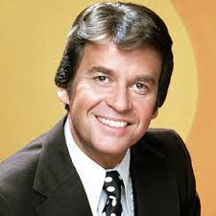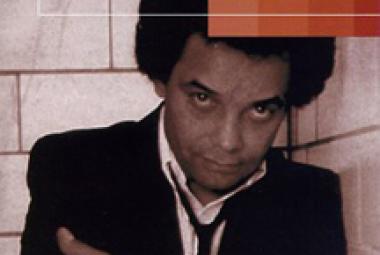Dick Clark (November 30, 1929 – April 18, 2012) was an American radio and television personality, as well as a cultural icon who remains best known for hosting American Bandstand from 1957 to 1987. He also hosted the game show Pyramid and Dick Clark’s New Year’s Rockin’ Eve, which transmitted Times Square’s New Year’s Eve celebrations. Episodes he hosted were among the first where blacks and whites performed on the same stage and among the first where the live studio audience sat without racial segregation. In his capacity as a businessman, Clark served as Chief Executive Officer of Dick Clark Productions. In 1973, he created and produced the annual American Music Awards show, similar to the Grammy Awards. Due to his perennial youthful appearance, Clark was often referred to as “America’s oldest teenager”. (More from Wikipedia)
The song was banned in several major radio markets, including New York and Boston (perhaps self-censorship would be a better term, since it was mostly the DJ’s who took it upon themselves not to play the song) due to the fear that its rough sound glorified juvenile delinquency. Even Dick Clark sort of tip-toed around the controversy when the song was introduced on American Bandstand: He never actually mentioned the name of the song.
(February 2013)
Ritchie Valens released just two 45’s but still showed incredible versatility. His first, “Come On, Let’s Go” is now regarded as a straight-up rock and roll classic, but it failed to chart. Writing in 1998, Billy Vera recalls “first hearing [“Come On, Let’s Go”] on Alan Freed’s TV Dance Party, a local New York equivalent of Dick Clark’s American Bandstand. It was a record which really grabbed my teenaged ears. I had never heard anything quite like it. It had a much ‘thicker’ sound than anything by Elvis, Chuck Berry, Gene Vincent or even Eddie Cochran. For thickness, the only thing that came close was Bo Diddley.”
(June 2013/1)
* * *
Bobby Darin took his first hit song, “Splish Splash” to #3 in the nation, and it was a major boost for his career.
This was in the days of the “payola” scandals, where disc jockeys and others were secretly paid under the table to promote and play particular songs so that they would become hit records. Once a practice that was winked at, the traditional music establishment began a crusade against payola in an attempt to derail the newly popular rock and roll music, and it very nearly worked. Major figures who were caught up in the scandal included Alan Freed, one of the country’s most prominent DJ’s who played a major role in popularizing rock music (and is one of several who claimed to have coined the term “rock and roll”), and Dick Clark, though he was more cooperative in the investigations and was able to preserve his reputation (not to mention his job).
(April 2015/1)
* * *















